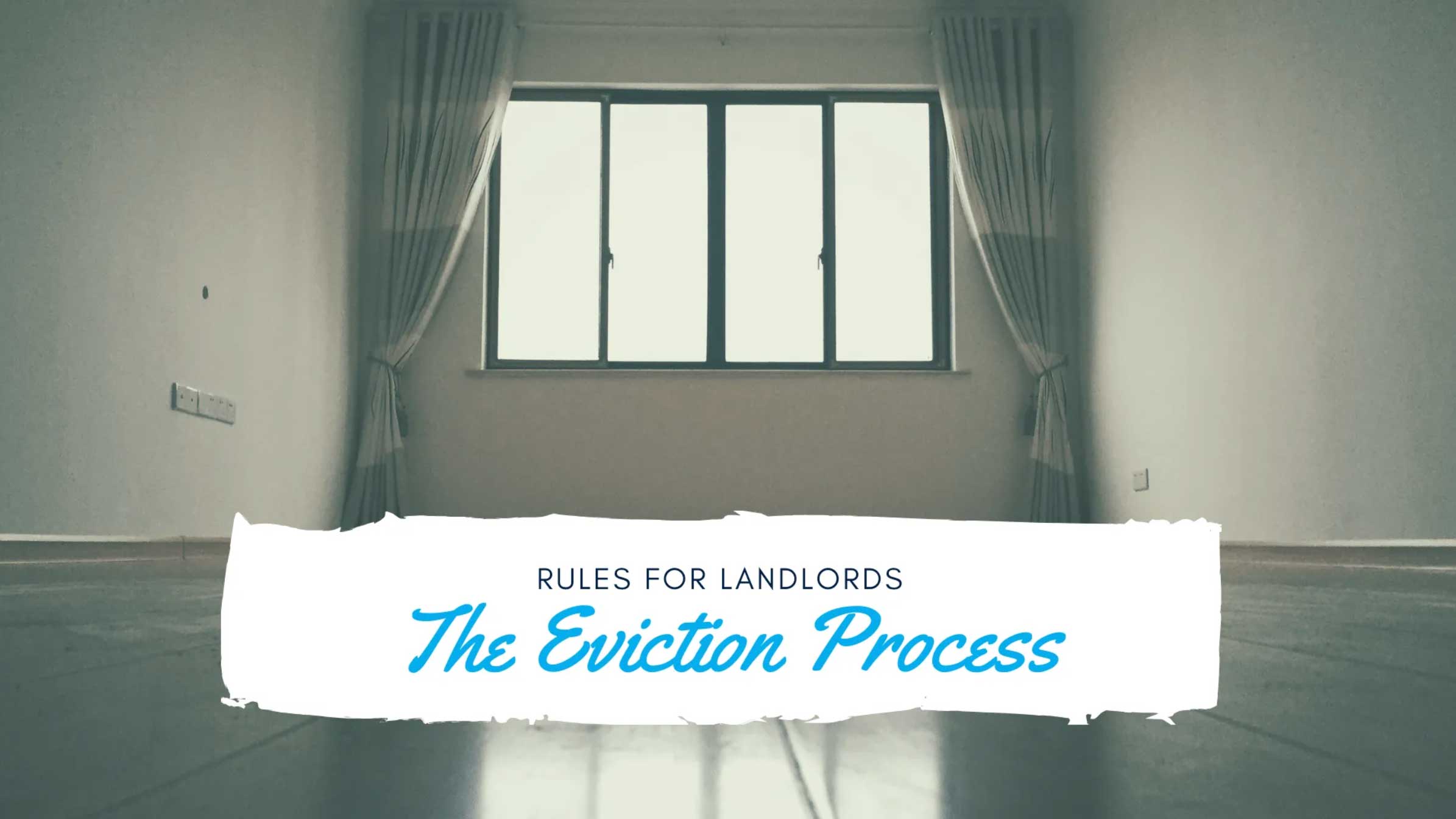You probably don’t like thinking about eviction, and we don’t blame you.
Eviction is rarely a subject that California landlords like to think about. But, if you have a tenant who isn’t paying rent or following the terms of your lease, sometimes it’s the only option to reclaiming possession of your property.
Harcourts Avanti is a full-serve property management company that manages long term as well as vacation rentals in Del Mar, Encinitas, Carlsbad, Cardiff, Carmel Valley, Solana Beach, and the surrounding San Diego areas.
Let’s talk about the eviction process and what you need to know.
Avoid Eviction with Careful Tenant Screening
One of the best ways to deal with evictions is by avoiding them.
When you screen your tenants thoroughly, you have a better chance of avoiding evictions and tenant disputes during the lease period. When a prospective tenant applies to live in your home, take a look at:
• Credit history
• Eviction history
• Overdue debts and judgments owed to former landlords, apartment buildings, or property managers
• Unpaid utility bills.
All of these things indicate your applicant may be unreliable when it comes to paying rent or taking care of a property.
Talk to current and former landlords as well. Find out what kind of experience they had with your prospective tenant. Ask if they’d rent to this person again.
Create a Consistent Rent Collection Process
Do you have a written rent collection policy? It should be in your lease.
This helps tenants understand expectations and consequences. Make sure your lease agreement states:
• When rent is due and whether there’s a grace period.
• On which day rent is considered late.
• How much rent is due.
• How rent should be paid.
• What the late fees and other consequences are for late and unpaid rent.
Be consistent about enforcing your rent collection process. Don’t waive late fees or accept partial payments unless you’re willing to do that every time the rent is late.
Post a Three Day Notice
If rent is late, don’t waste time.
Most evictions take two to four weeks, but if the courts get backed up, and there’s no telling how long it could take. Eviction is bad enough; a long and expensive eviction is even worse. Save yourself some time and money, and serve your notice right away.
Before you can file for eviction, you must serve your tenants a Three Day Notice to Pay or Quit. This formally lets the tenants know that rent is late and they have three days to pay or get out of the property.
Most tenants will pay at this point. If they don’t, you will have to take the next step, which is filing for an unlawful detainer, or an eviction, in court. If it gets this far, contact an attorney or an eviction specialist. Courts are remarkably tenant-friendly in California, and you’ll need an expert who can protect you and your rental property. If you’re working with a professional Del Mar property management company, they should be able to hand your eviction case over to the qualified legal partners they work with.
Evictions can be an emotional time. We understand your frustration and your fear.
We’d be happy to help if you have a tenant who isn’t paying rent. All of our legal partners are referred by the National Association of Residential Property Managers (NARPM), and they understand California eviction law.
Contact us at Harcourts Avanti, and we’ll do everything we can to help you get your Del Mar rental property back.

